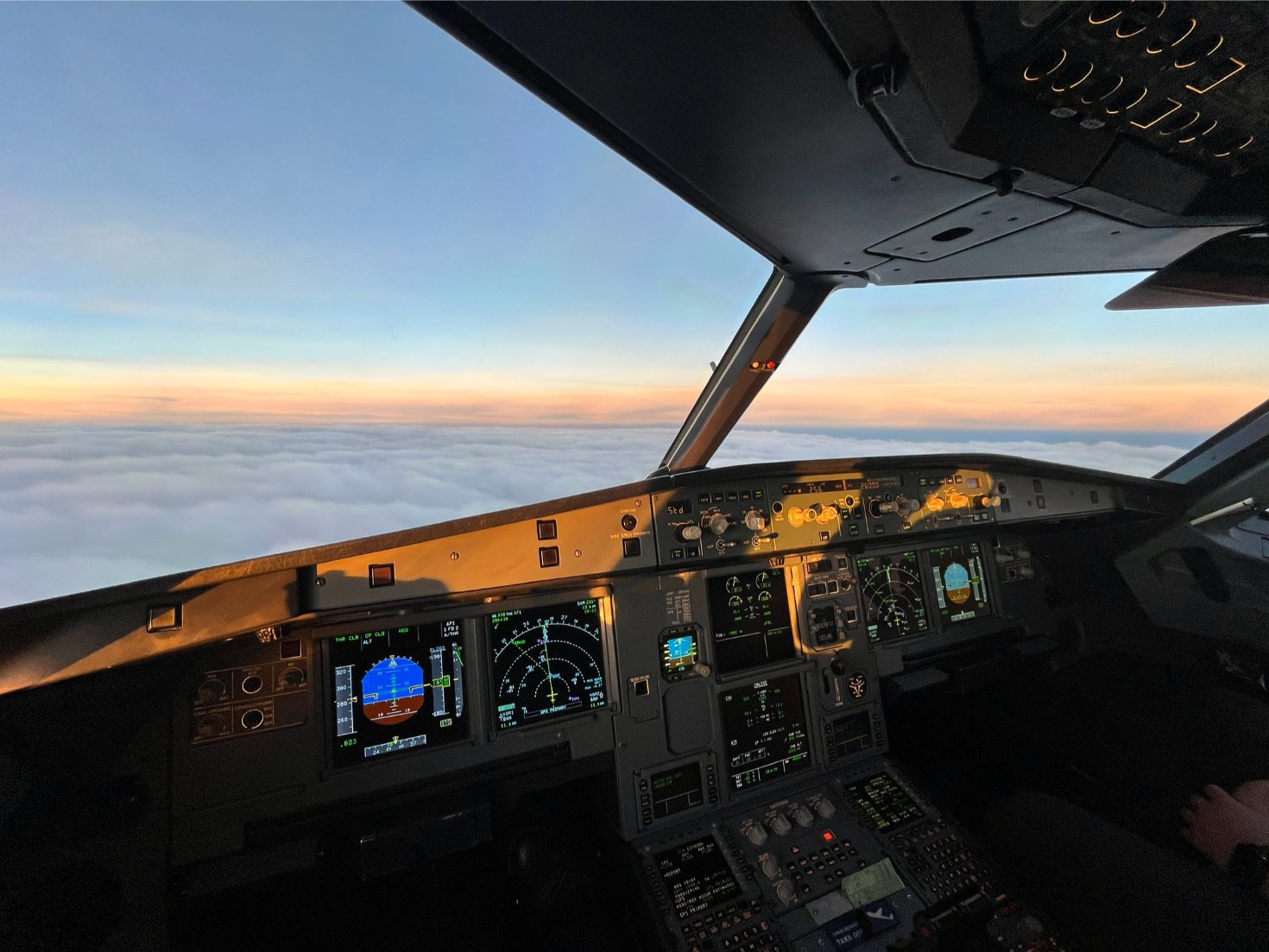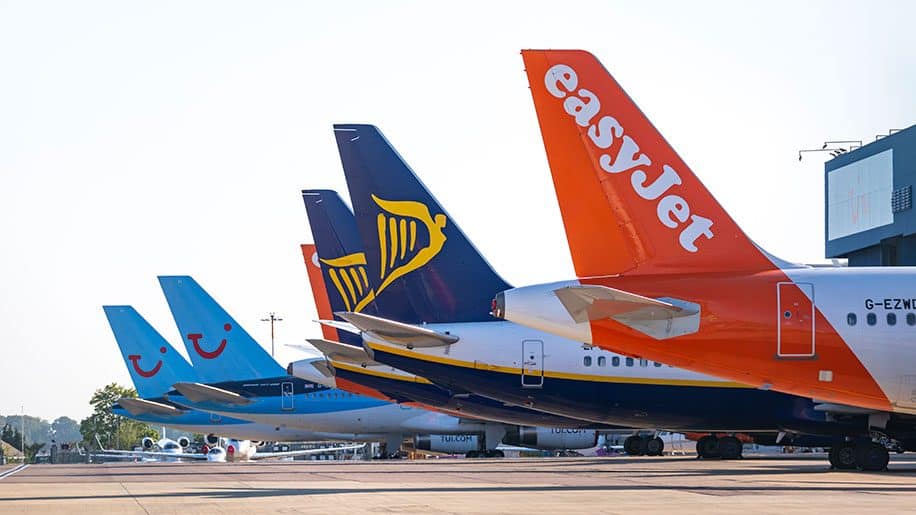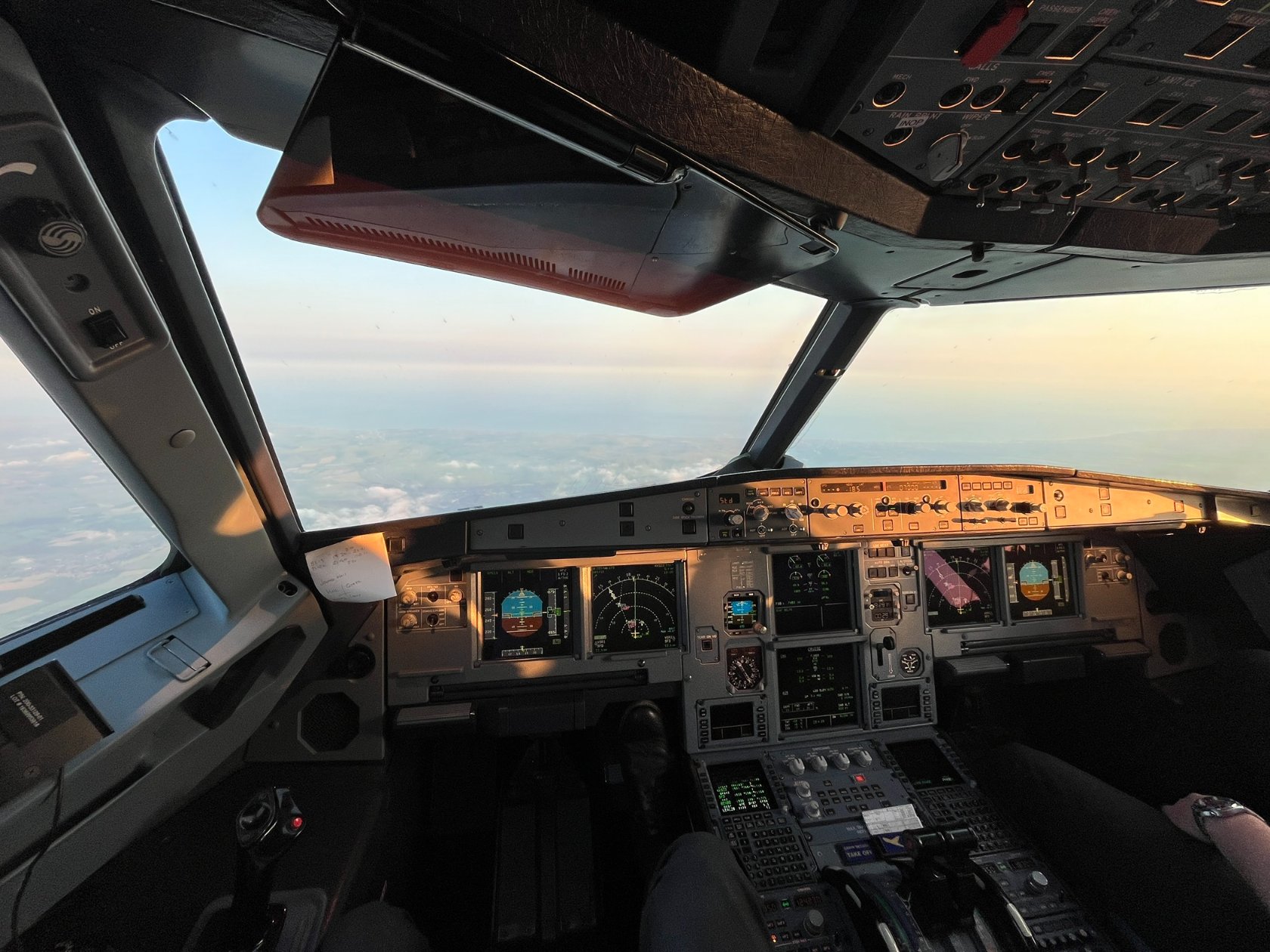
Airport Closure & Failure Management
A day filled with decisions, delays and expectation management. Another insight into what the daily life of an airline captain really consists of…

The airline industry in the UK has been facing numerous challenges in recent years, which have significantly impacted its operations and profitability. One of the most significant issues affecting the industry is the uncertainty surrounding Brexit. The decision for the UK to leave the European Union has raised concerns about the future of air travel agreements and regulations between the UK and other European countries. This uncertainty has made it difficult for airlines to plan and invest in long-term strategies, leading to a decrease in business confidence and potential disruptions to flights.
Another major challenge for the UK airline industry is the rising fuel prices. Fuel costs are a significant expense for airlines, and fluctuations in oil prices can have a significant impact on their profitability. The industry has struggled to pass on these increased costs to consumers due to intense competition and price-sensitive passengers, putting additional pressure on airline revenues.
Furthermore, environmental concerns and the push for sustainability have become increasingly important factors affecting the airline industry. Public awareness of the environmental impact of air travel has grown, leading to demands for greener alternatives and increased scrutiny of carbon emissions. This has put pressure on airlines to invest in more fuel-efficient aircraft, adopt sustainable practices, and explore alternative fuels.
Additionally, the COVID-19 pandemic has had a devastating impact on the airline industry worldwide, and the UK has not been spared. Travel restrictions, lockdown measures, and a significant drop in passenger demand have resulted in massive revenue losses for airlines. Many carriers have faced financial difficulties, with some even going into administration or requiring government bailouts to survive. The recovery of the industry will heavily depend on the success of vaccination efforts, the easing of travel restrictions, and the restoration of passenger confidence.
To navigate these challenges, airlines in the UK have had to adapt and implement various strategies. Some have focused on cost-cutting measures, such as reducing staff, deferring aircraft orders, and restructuring operations. Others have sought government support or formed alliances and partnerships to strengthen their market position. Furthermore, airlines are exploring new revenue streams, such as ancillary services and cargo operations, to offset losses from reduced passenger travel.
In conclusion, the UK airline industry is grappling with a range of issues, including Brexit uncertainty, rising fuel prices, environmental concerns, and the fallout from the COVID-19 pandemic. These challenges require airlines to be agile, innovative, and responsive to changes in the industry. Collaborative efforts between industry stakeholders, government support, and a strong focus on sustainability will be crucial for the long-term viability and success of the UK airline sector.

A day filled with decisions, delays and expectation management. Another insight into what the daily life of an airline captain really consists of…

It’s a Sunday morning and I’m jolted awake by the piercing sound of my phone ringing at 5am for what is going to be (unbeknown to me at this point) a whopping 16+ hour duty day…
Copyright © 2024 Pilot Bible